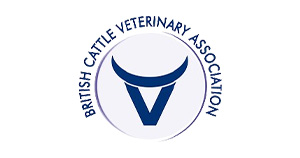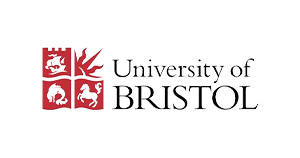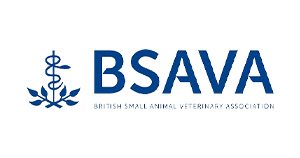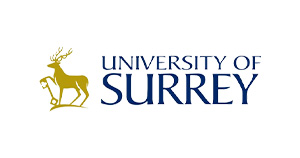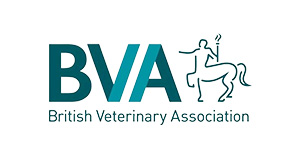A Day in the Life Helping Animals at Shepton & Wells Vets
Veterinary Nurse
Published on: May 23, 2022
There are many surgeries and procedures performed at both our Shepton and Wells practice’s that we do routinely; neutering, lump removals, x-rays, scans etc… But every so often an opportunity comes along to perform a much rarer surgery, which in some cases we may never have done before.
Being presented with a litter of puppies or kittens often leads to us performing health checks, microchipping and vaccinations. In most cases no significant issues are found, perhaps a minor umbilical hernia now and again but often nothing that’s too concerning. Even heart murmurs in puppies and kittens are very common and if these are quiet, they frequently disappear by 6 months of age. As a rule, if a young puppy has a louder heart murmur, or they reach 6 months of age and a heart murmur is still present, this should then be investigated.
Milo came in to us initially as one of a litter of 6 puppies when he was only a few days old. He was brought in a few weeks later, along with all his brother and sisters as the owners could hear a heart murmur in one of his littermates, something they’d had confirmed by their neighbour who was also a vet. At this presentation Milo’s littermate was found to have a severe heart murmur (Grade 6/6) and Milo himself had a significant murmur graded 4/6 (the higher the grade the louder the murmur). Given the location, grades and sound of these murmurs it was highly likely that both puppies had a condition called ‘Patent Ductus Arteriosus’, known as a PDA. A PDA is where there is an open vessel connecting the two major blood vessels that leave the heart. This connection is meant to close at birth but occasionally it remains open. A PDA has serious consequences for the animal and sadly if left untreated animals rarely live past 1 year of age. A PDA is confirmed via an ultrasound heart scan but given the puppies size this would have been very tricky at this point. As any surgery wouldn’t be performed until they were bigger anyway, we opted to book both puppies in for an ultrasound scan at 5 weeks of age. Unfortunately, only 4 days later Milo’s littermate started to show signs of heart failure and had to be euthanised, likely due to a more severe PDA than Milo. Heart ultrasounds are considered tricky, and many practices will refer puppies for heart scans elsewhere or get someone in to perform the scan. Given my area of interest is Cardiology in particular, I was able to perform Milo’s heart ultrasound and confirm a PDA which was already causing some abnormal heart enlargement, but the heart was still contracting well.
The good news is PDAs can be treated and cured. There are 2 ways to do this. Firstly, the connection between the 2 vessels can be tied off during open chest surgery. Secondly. more recent developments have allowed vets to perform a less invasive treatment whereby a vessel occluder is threaded up an artery in the leg to the heart and positioned in the connection between the vessels to block the blood flow. This latter procedure requires moving x-rays (fluoroscopy) and is only performed at referral centres. It also carries a significantly higher cost. As puppies with heart conditions are often not covered by insurance affordability of treatments can be a big factor. We had never performed a PDA surgery before but have done multiple open chest surgeries and offered to attempt the operation on Milo as his only affordable option of a cure. The owners were aware of the surgical risks and wanted to proceed.
Milo was operated on at only 10 weeks of age. He had a repeat ultrasound on the day of his surgery and the surgery itself involved 4 members of the team, 2 vets and 2 nurses. A meeting was held before the surgery to discuss the anaesthetic considerations and possible complications, and how we might address these if they were to arise. His surgery went well and the connection between the vessels was tied off successfully. On recovery Milo ‘s heart murmur was gone, and he was up and eating that same evening. Puppies are extremely resilient, and he was able to go home the next day having been monitored throughout the night. All that’s left is one final heart scan to in 2-3 months’ time to confirm that the abnormal heart enlargement has reversed, and Milo should ultimately now lead a normal life.
Only by having such a diverse range of interest and skills were we able to offer this previously considered ‘referral-only surgery’ at a cost that meant we could cure Milo’s condition. Various members of our staff were involved throughout the process, from ultrasound scanning to confirm the diagnosis, performing the surgery itself, monitoring the anaesthetic, and providing 24-hour post-operative care. Having been able to provide this treatment for Milo the aim now is to offer the same procedure to any future puppies found to have the same condition so they can live a normal happy life.
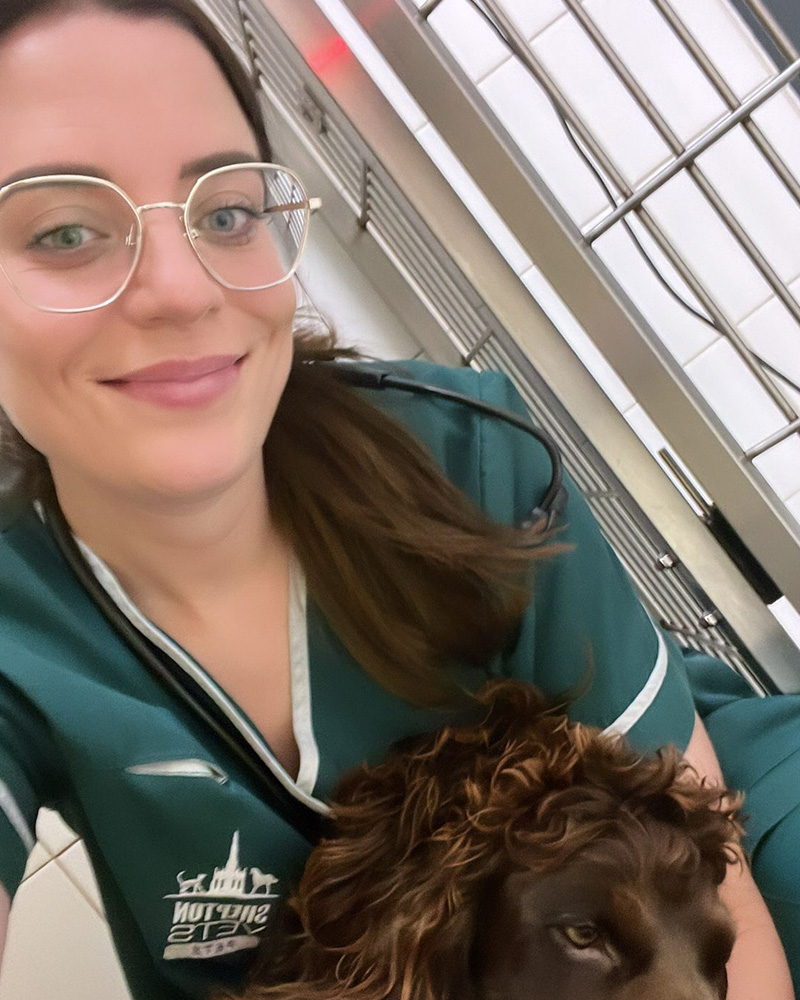
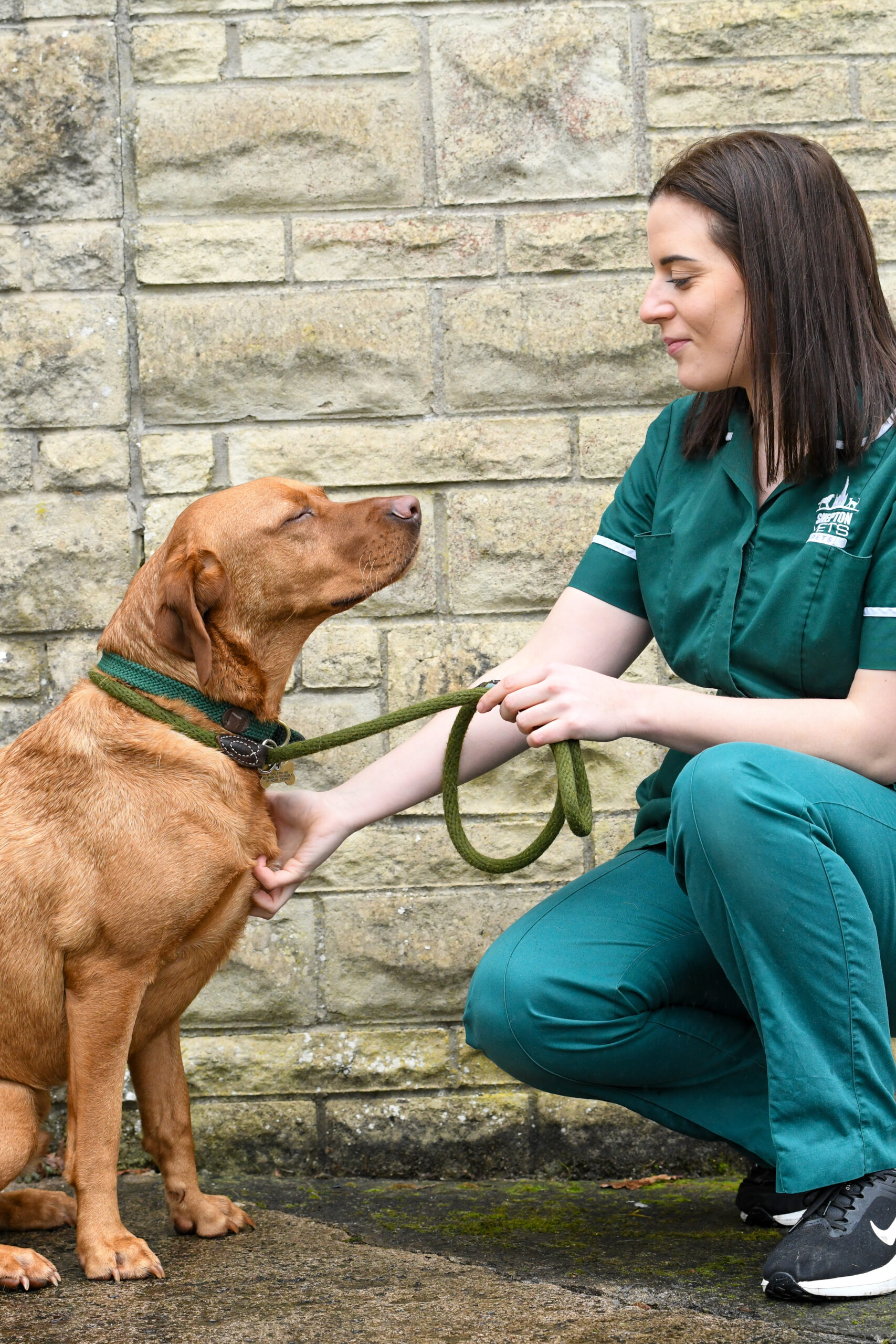
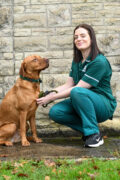
Author –
Cara Neal
Curious about what a veterinary nurse does? Cara Neal shares her experience – consultations, surgery support, lab tests & the love for animals!
veterinary nurse | what does a veterinary nurse do | veterinary nurse duties | veterinary nurse career | veterinary consultations | animal surgery support | lab diagnostics in veterinary practice | in-house veterinary lab | Shepton and Wells Vets
More Articles from Cara
Read More Articles
Caring for your pet as we do our own
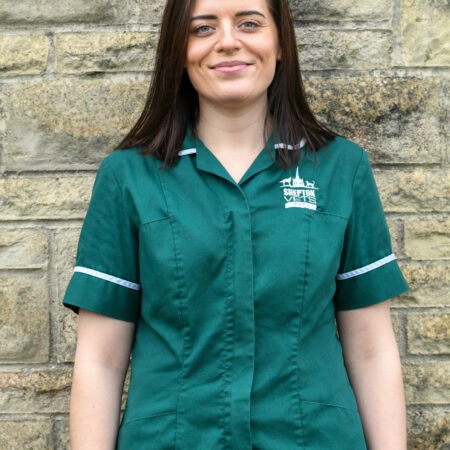
At Shepton and Wells Vets, we understand what your pets mean to you, and so our Pets team aim to care for each and every one of them as we would do our own.
We care about your pet
Our primary focus is keeping them fit, happy and healthy with comprehensive and effective preventative healthcare, advice and treatment.
We care about you
We aim to communicate clearly and honestly with you, and discuss different treatment options so that you can make the right informed choices for you and your pet.
We care about clinical excellence
We take pride in providing a high level of medical and surgical care, working together as a team to do the very best we can for your pet.






